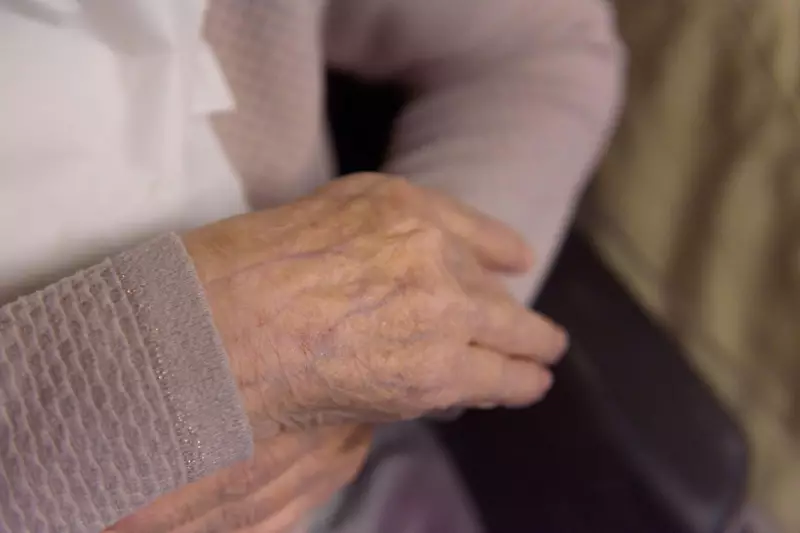
In a medical breakthrough that could transform how we approach neurodegenerative diseases, British scientists have discovered that Parkinson's disease can be predicted through gut bacteria analysis years before symptoms appear.
The Silent Warning in Your Gut
Researchers from the Quadram Institute and University of East Anglia have developed an artificial intelligence tool that analyses microorganisms in the gut to identify individuals at risk of developing Parkinson's. The revolutionary technology can detect warning signs up to seven years before formal diagnosis.
How the AI Detection Works
The sophisticated machine learning algorithm examines the complex ecosystem of gut bacteria, identifying specific patterns and imbalances associated with Parkinson's development. The system analyses:
- Bacterial diversity and composition
- Presence of specific microbial markers
- Metabolic byproducts of gut bacteria
- Inflammatory responses linked to particular strains
Transforming Early Intervention
This discovery represents a paradigm shift in Parkinson's management. Early detection could enable:
- Preventive treatments before significant neural damage occurs
- Lifestyle interventions to slow disease progression
- Targeted therapies based on individual gut profiles
- More effective clinical trial recruitment for preventive drugs
Beyond Traditional Diagnosis
Current Parkinson's diagnosis relies on observing physical symptoms like tremors, stiffness and balance problems – by which time significant neural damage has already occurred. This gut-based approach offers a proactive rather than reactive solution.
The research team emphasised that while not all gut microbiome changes lead to Parkinson's, the patterns identified provide a powerful predictive tool when combined with other risk factors.
Next Steps for NHS Implementation
While further validation is needed, researchers are optimistic about integrating this technology into routine NHS screening within the coming years. The approach could particularly benefit individuals with family history of Parkinson's or other risk factors.
This British-led innovation positions the UK at the forefront of neurodegenerative disease research, offering hope for the 153,000 people currently living with Parkinson's in the UK and countless others at risk.





